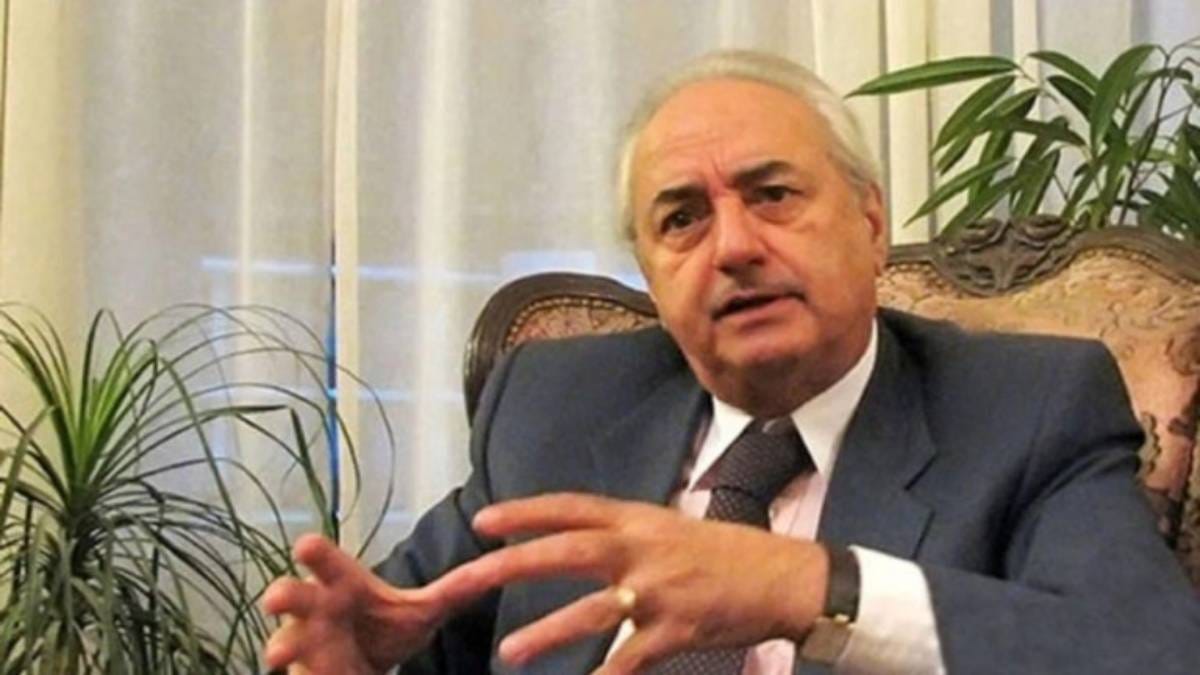Iran is facing the reimposition of full sanctions. Here's Fereydoun Majlessi's take
This international affairs analyst reflects on the options Iran has in response to the activation of full sanctions against it. Majlessi believes that Iran should remain open to dialogue with international powers. However, any agreement it could reach with them would be weaker than the 2015 JCPOA
Jamaran, 31 August 2025
In an interview with Jamaran, Fereydoun Majlessi referred to the European Troika's letter to the Security Council requesting the activation of the snapback provision and the reimposition of sanctions against Iran within the next 30 days. "In this remaining period, Iran must resume cooperating with the agency and become a normal, compliant actor by accepting international rules. However, if Iran continues its current policies and refuses to comply, Security Council sanctions will be reinstated, and Iran will be subject to Chapter VII of the UN Charter. Additionally, due to the increasing possibility of another attack, foreign trade and the entry of ships and international flights into Iran will be banned.”
Majlessi continued: “As with 10 years ago when we sat down with the US and Europe to reach the JCPOA, we are open to direct dialogue now. Of course, the JCPOA was 100% in Iran's favor, and it is unlikely that the West will accept another similar agreement. Any agreement we reach will certainly be weaker than the JCPOA. If we do not want to disagree with the US for any reason, we must start a dialogue with them from Europe. We do not currently have the opportunity to pay off our debts; we must reach an agreement by making fewer concessions.”
This analysis of international issues stated: “Those who constantly beat the drum of war should know that if the enemy attacks Iran again, bombing people and residential areas will not be enough. All of our economic infrastructure, including petrochemicals and electricity, is in danger. No matter how many casualties we take from the enemy, it will not heal the country's and its people's pain.”
Referring to some people's talk of closing the Strait of Hormuz and withdrawing from the NPT to pressure the West, Majlessi stated: “Those who talk about the Strait of Hormuz are doing so to see how long they can maintain the situation. This would destroy our naval and missile forces because, in an international war, everyone from Saudi Arabia, the United Arab Emirates, and Kuwait to the United States, India, and China would be against us. Is the Strait of Hormuz our property that we can make such a decision about?”
He added, "Withdrawing from the Non-Proliferation Treaty will also be met with a harsh response because it means building a nuclear bomb. We have already implemented such wrong policies for years, and we saw the result: the Security Council issued six anti-Iranian resolutions. By repeating the mistakes of the past, who are we trying to prove ourselves to? We even have problems with water and electricity. To protect our people, we must have the courage to change."
Majlessi concluded: "This analysis of international issues states that extending Resolution 2231 will have no effect because it will cause this vicious cycle of fruitless negotiations with Europe to continue for another six months. China and Russia will never get into trouble for us. China's relations with the Arab world far exceed ours, yet Iran is not important to this country at all."


